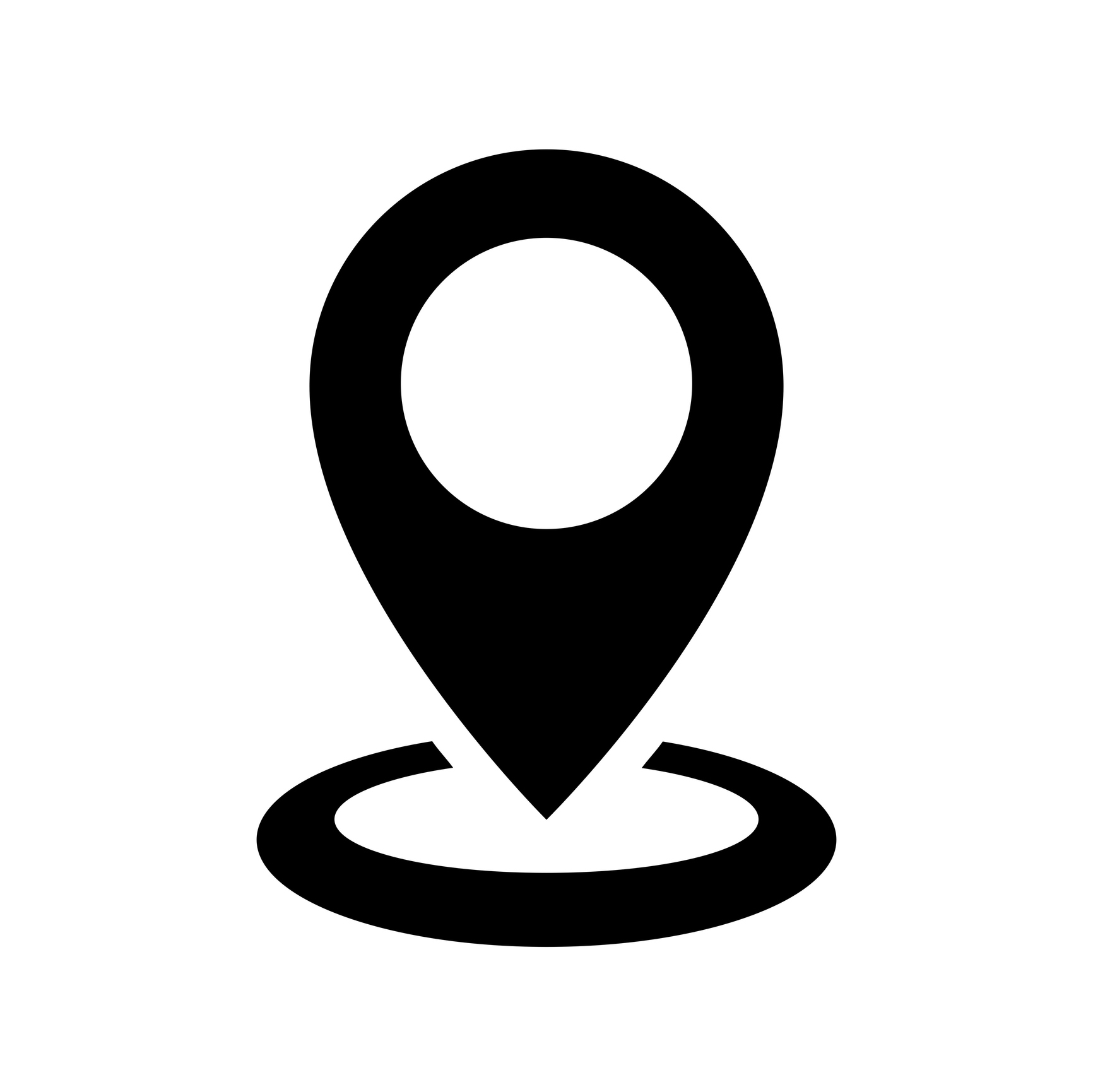Biology Department Safety Resources
General Requirements
Eye protection - Goggles or safety glasses are required when working in the laboratory. Specific requirements can be found in the safety documentation of each laboratory.
Lab coat - Lab coat are required when working in the laboratory.
Gloves - Proper gloves are required when working in the laboratory. Check the compatibility of the gloves with the chemicals to be used. Take off the gloves before stepping out of the lab.
Safety equipments - Know the locations of fire extinguisher, eye-washer, safety shower, first aid box and chemical spill.
Food and drinks - Food and drinks are not allowed in laboratory. Food and drink containers must be disposed outside the laboratory.
Shoes - Shoes should cover the entire foot. Sandals, clogs, and other open-toed or open-heeled shoes do not cover enough foot and are not allowed.
Hair - Hair should not be worn in a style such as may impair vision, cause distractions during job functions, or come in contact with work surfaces or moving equipment.
Transfer of chemicals - For transporting chemicals outside the laboratory, always place the chemicals in a secondary confinement on a cart. Hand-carrying chemicals outside the laboratory is absolutely forbidden. For transporting chemicals within the laboratory, always wear personal protective equipment including gloves, goggles and lab coat and carry the chemicals with caution. Never grab the container by the cap. Return the chemical to its designated storage site after use.
Fume hood - Always make sure the fume hood is operational before use. Open the sash to proper height when operating a procedure. Avoid opening the sash too high that may reduce the effectiveness of air flow. Avoid over accumulation of items in the fume hood that may obstruct the air flow. Lower the sash when complete the operation.
Emergency exit - Exits and aisles must not be obstructed by equipment, chairs, supplies, or trash. Doors to the laboratory must be kept closed, exit doors must not be blocked, locked, or obstructed in any way to inhibit egress.
Glassware - Glassware must be cleaned after completion of the experiment. Large pieces of broken glass must be placed in the broken glass containers designated for large pieces of broken glass.
Chemical spills - You must know the location of spill clean up material in your laboratory. You must know the Spill Prevention and Response procedure for your laboratory.
House keeping - Good housekeeping is an essential aspect of laboratory safety. The work area must be cleaned up at the end of each procedure and prior to the start of a new procedure.Environments
Environments
Anyone involved in field work must follow standard operating procedures for the specific task, and should sign a statement that they have read and understood the procedures (email to faculty supervisor is sufficient).
General Policy for field work:- All field work requires completion of a University Travel Authorization.
- Most field work will require minimum training through a certified Wilderness First Aid course (refer to SOP for task requirements).
- Field workers should carry a first aid kit and be familiar with using it.
- If field work involves work in an area more than one hour from emergency assistance, then participants should have completed the more extensive Wilderness First Responder Course.
- An emergency beacon should be carried at all such times and the worker should be trained in appropriate use of the device.
- Field work participants must designate a responsible person (not with them in the field) with who they should communicate. This should be indicated on the Travel Authorization.
- Field workers should communicate when they leave for field work and when they return.
Safety Forms
Safety Training
Biology Department PI Safety Survey
Lab Safety Initial Training
On-line Training Modules
To access the on-line lab safety initial training:
EMPLOYEES (including student employees)
If you have issues related to accessing the on-line training, please contact Rachel Curry at rachel.curry@usu.edu or 435-797-7423.
For other trainings select the course for which you would like to register. You will not be registered for any courses other than the ones you click.
In-person Training
Following completion of the on-line training modules, you will need to register for and attend a short (one hour) training and fire extinguisher practical experience.
Please make sure you have completed the on-line modules prior to attending the in-person portion of the training.

USU Safety Resources
Other University Resources
Incident Reporting
Close-Call Reporting Form
The Close-Call Form should be used to describe non-injury situations within laboratories in the Department of Biology that could have resulted in injury or property damage under different circumstances. Portions of the general information provided on this form may be used for future training purposes.
Incident Reporting Form
The Incident Report Form should be used to document all laboratory-based incidents within the Department of Biology at Utah State University that have resulted in personal injury and/or required the involvement of USU Facilities, Environmental Health & Safety, Risk Assessment, and fire and/or law enforcement officials.
Employee Injury Report Form
The Employee Injury Report Form is for injury or illness occurring at work. This form should not be used by students or visitors.
Departmental Safety Committee
| Name | Location | Phone | |
|---|---|---|---|
| Susannah French | BNR 357 | (435) 797-9175 | susannah.french@usu.edu |
| Mitzi Christensen | LSB 337 | (435) 797-3694 | mizti.christensen@usu.edu |
| Anthony Sterenchak | LSB 349 | (435) 797-3203 | anthony.sterenchak@usu.edu |
| Sara Freeman | BTEC 309 | (435) 797-0670 | sara.freeman@usu.edu |
| Carl Farley | BNR 304A | (435) 797-2566 | carl.farley@usu.edu |
| Oran Wasserman | oran.wasserman@usu.edu | ||


